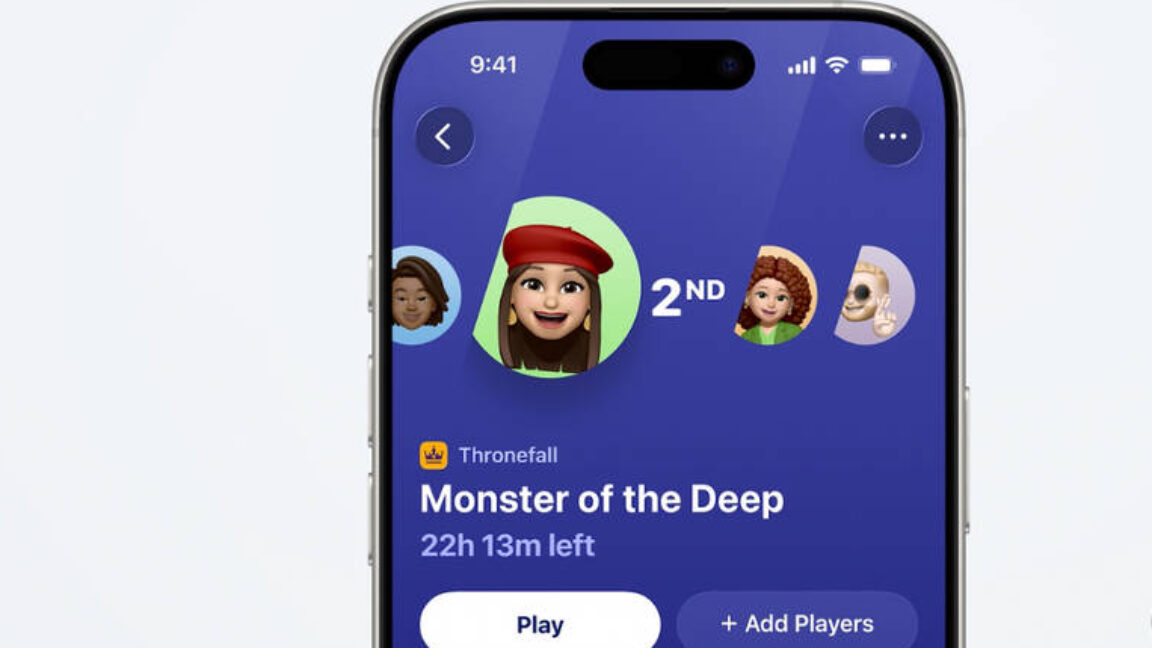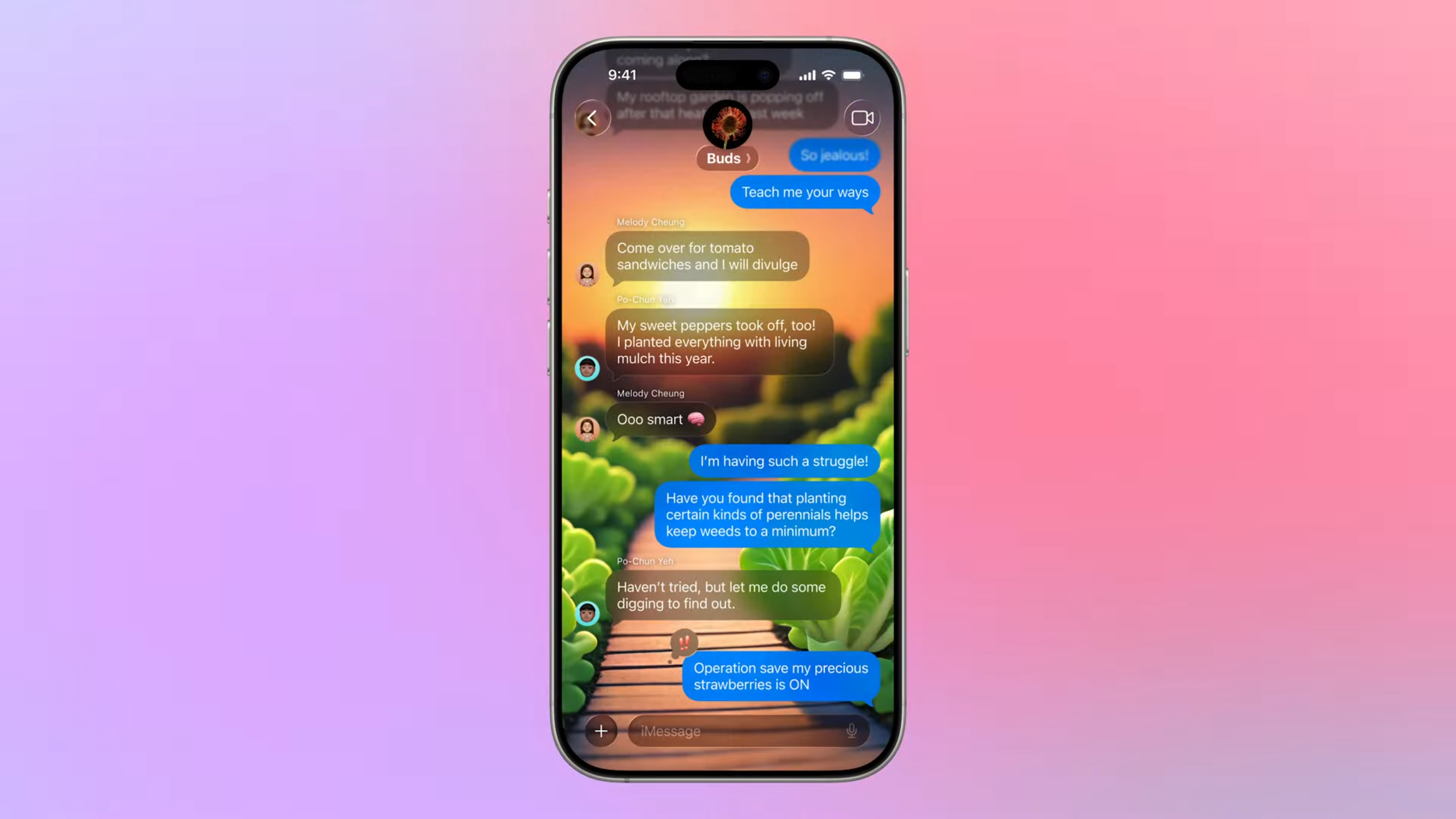Cyberattacks on smartphones hit new high - here's how to stay safe
Researchers are warning users don't pay attention to mobile as much as they do to desktop.

- The number of malware samples targeting Android is rising, experts warn
- The majority are banking trojans and infostealers
- Kaspersky urges users to be careful when downloading apps
Mobile malware and other attacks targeting Android users are on the rise, new research has claimed.
Security researchers from Kaspersky have argued people should be paying a lot more attention to the security of their smartphones than they do at the moment.
In its “IT threat evolution in Q1 2025: mobile statistics” report, Kaspersky claims the number of detected malware samples increased by more than a quarter (27%) between Q1 2025 and Q4 2024, when the researchers detected 180,000 malware samples.
Triada and Turkey
These samples were blocked on more than 12 million smartphone users (up 36% compared to Q4 2024), Kaspersky added, stressing that the upward trend in attacked users “continued since Q3 2024”.
While there are several factors contributing to the growth in Android-based malware, Kaspersky hints that the biggest one is the activity in certain malware families, which operated in certain geographies. The researchers singled out the Mamont banking trojan as rather active “over the last months”, stealing banking credentials, text messages, and personal data.
They also mentioned the Triada backdoor, which was installed on rip-offs of popular smartphone brands. They were part of a supply chain attack, as they were installed on brand new phones, some time between the devices leaving the factory and reaching the marketplace.
“Triada can modify cryptocurrency wallet addresses during transfer attempts, replace links in browsers, send arbitrary text messages and intercept replies, and steal login credentials for messaging and social media apps,” Kaspersky explained.
Finally, the researcher said a number of banking trojans targeted people in Turkey, including Coper (equipped with RAT capabilities), BrowBot, Hqwar, and Agent.sm.
“Users may mistakenly believe their smartphones are inherently more secure than PCs, but the reality is that mobile malware, like the sophisticated Trojans we explored over the last months, are increasingly active,” commented Anton Kivva, Malware Analyst Team Lead at Kaspersky.
“The misconception of default protection stems from allegedly curated app stores and operating system restrictions, but social engineering tactics and modern mobile malware, including preinstalled mobile Trojans, exploit these false securities.”
To stay safe, Kaspersky recommends users only download apps from official app stores, but only after checking app reviews and download counts. Even when the apps are downloaded, users should check the permissions they’re asking for, and make sure to update the OS and important apps as soon as the updates are available.
You might also like
- This devious Android malware adds fake contacts to your phone to spoof trusted callers
- Take a look at our guide to the best authenticator app
- We've rounded up the best password managers
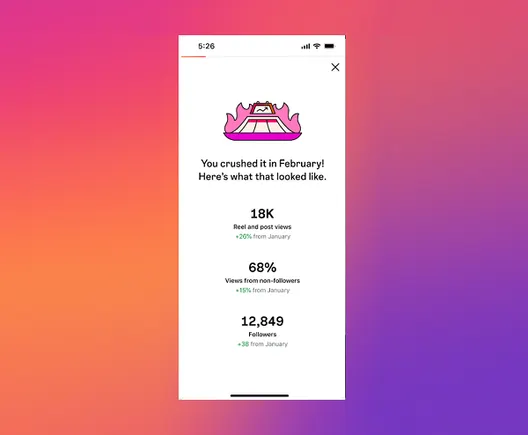




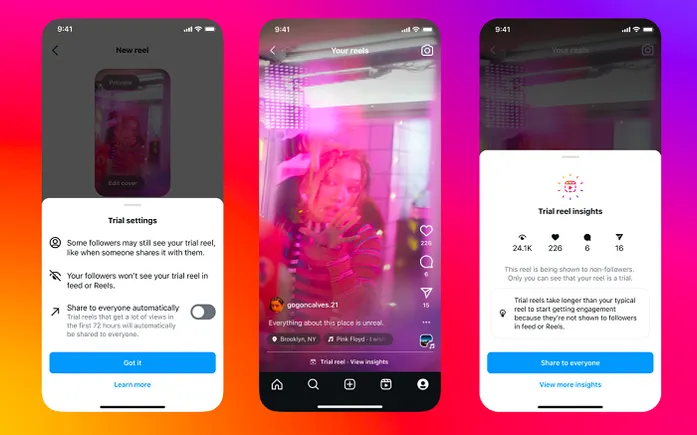
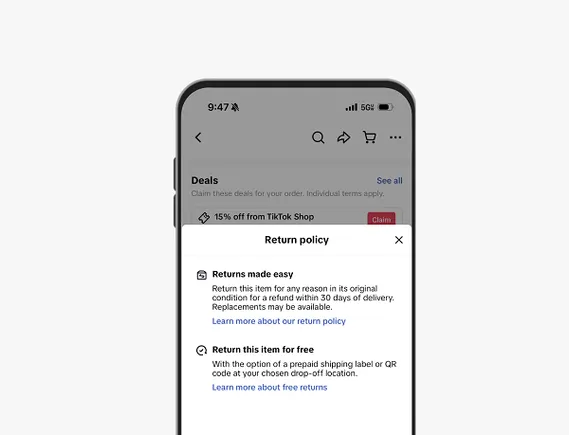













































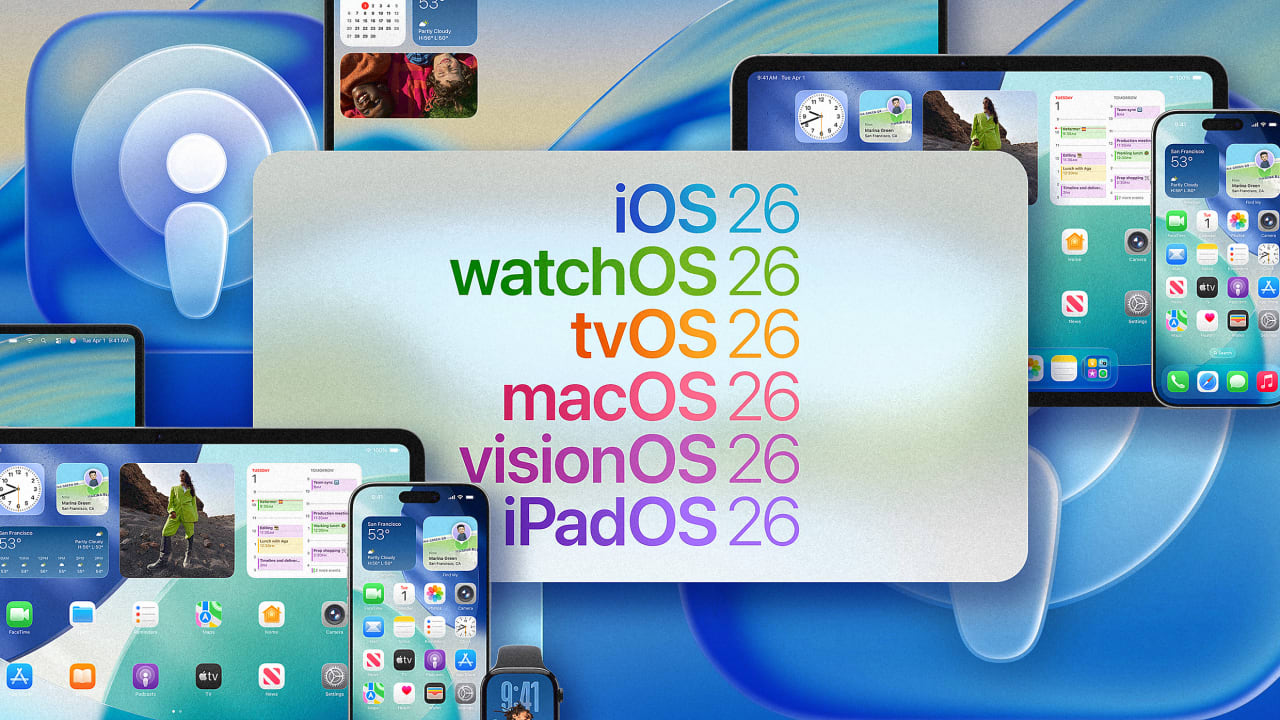






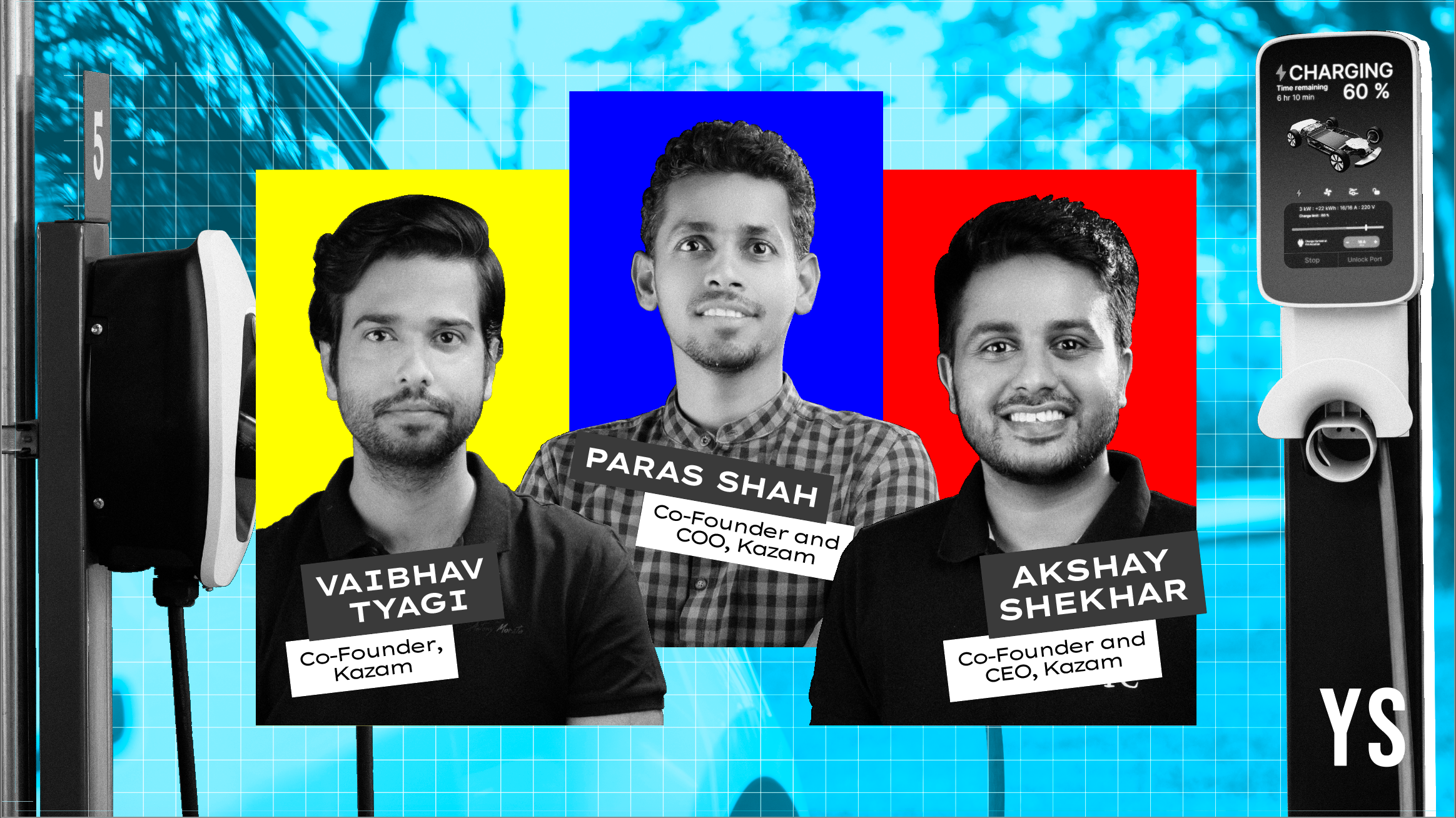































































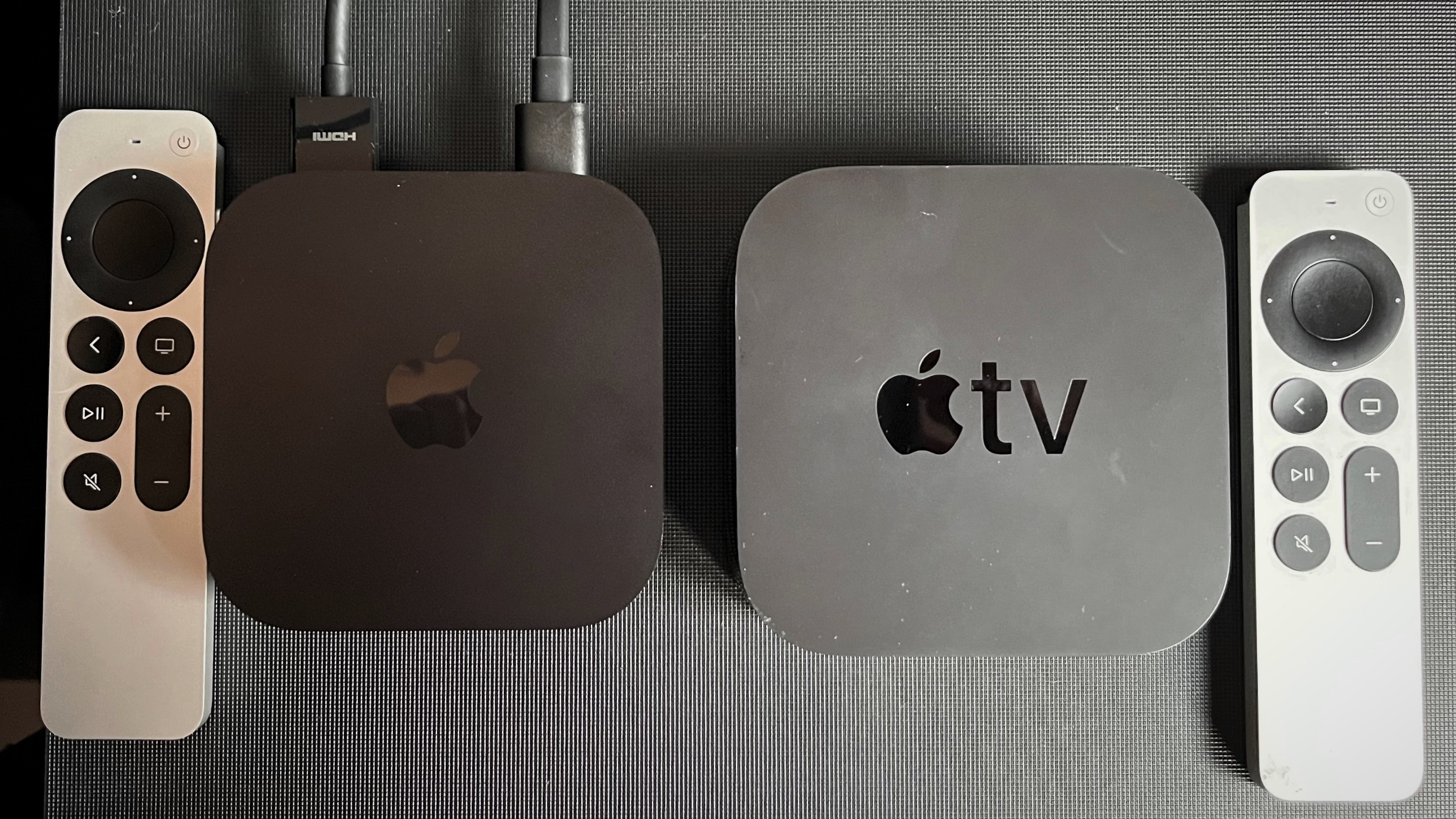













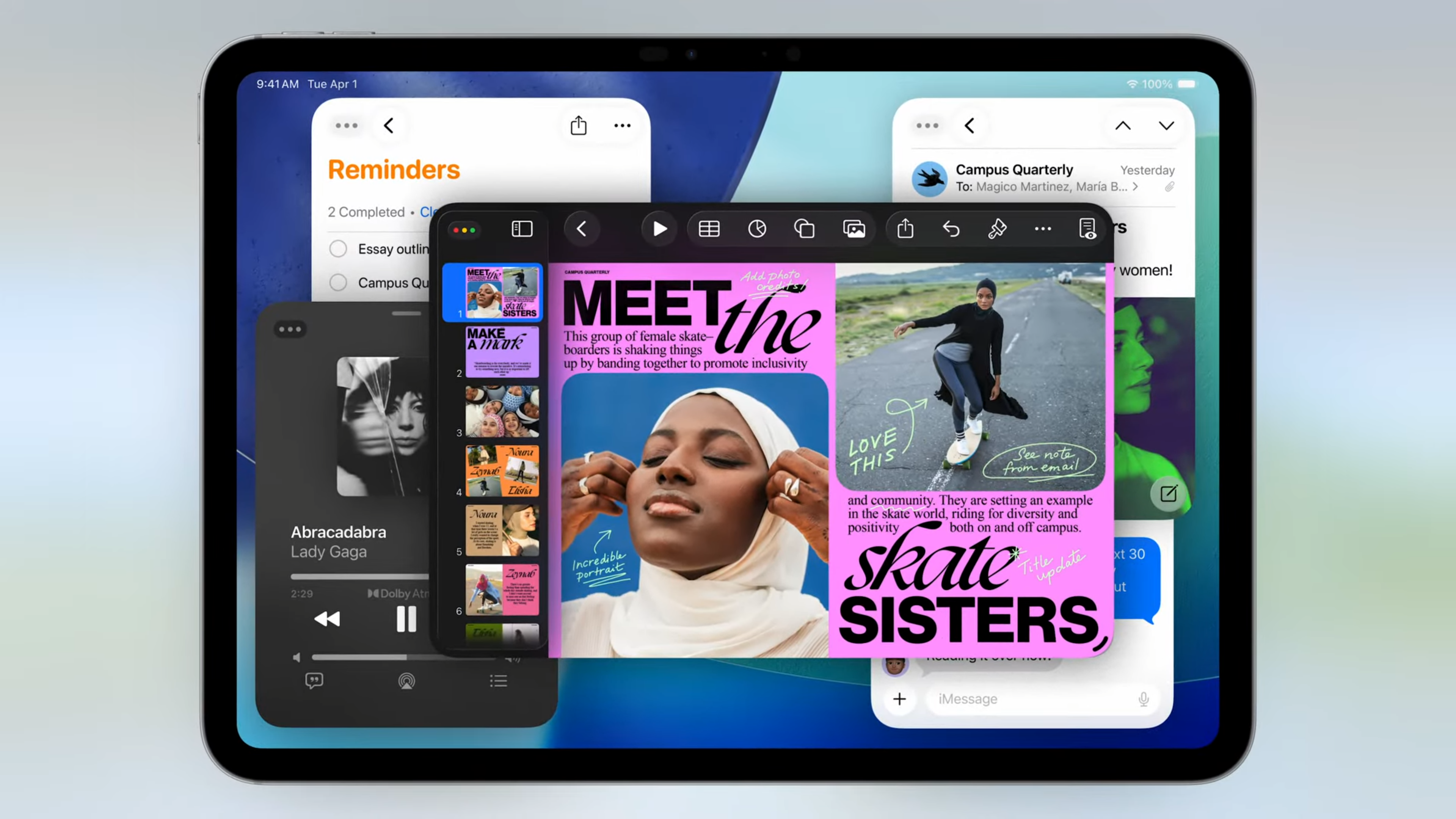





































.jpg)










